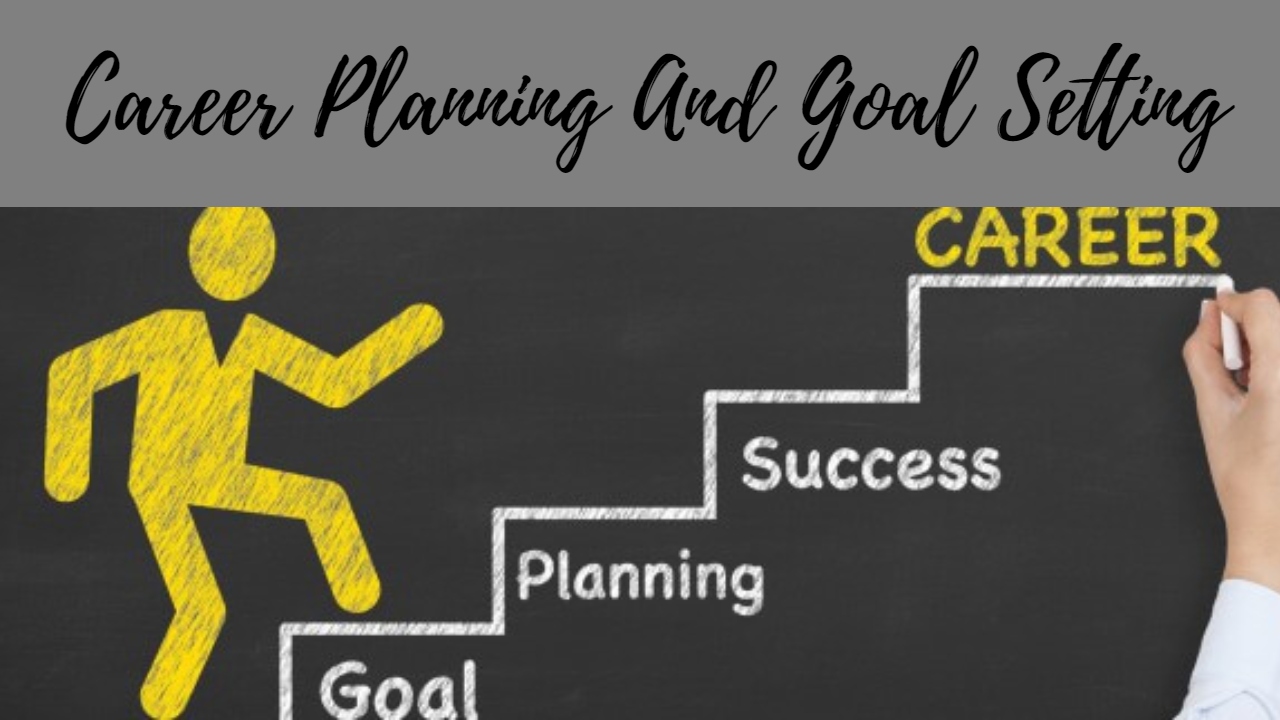

Examine your abilities and hobbies. Take some time to consider your talents, limitations, and favorite activities. To assist uncover your natural strengths, consider taking a career assessment exam or meeting with a career counselor.
Investigate your career choices. Investigate other occupations that fit your abilities and interests. Gather information on employment requirements, wages, and opportunities for advancement in the sector.
Set attainable professional objectives. Determine your long-term professional goals and divide them into smaller, more manageable goals. Consider both personal and professional objectives, such as achieving a specified income, progressing to a specific post, or acquiring a specific certification.
Make a strategy for action. Create a strategy that specifies the measures you must take to reach your objectives. This might involve more education or training, networking, and job hunting.
Be adaptable. As your interests, abilities, and life circumstances change, so will your professional objectives and ambitions. Prepare to adapt your strategy as required and seize fresh chances.
Maintain your motivation. Keep track of your improvement and honor your achievements as you go. Surround yourself with positive individuals who support your objectives, and look for tools to help you stay motivated, such as books and online groups.
Also Read: Stress Management For Better Mental Fitness
In today's article, we will learn the importance of happiness and how to maintain it…
Today, we will look at three common mistakes couples make in their relationships regarding intimacy…
In this article, we will learn about the simple ways that can help one overcome…
Check out the list of couples' biggest relationship mistakes in this article.
In this article, we will learn about anxiety and how one can handle it in…
In this article, you will understand the horrifying effects of child abuse.